Even after conversion, people belonging to backward communities have not been treated equally. Their social values remain the same. Moreover, they have been divided into several castes. In 1960, Ghaus Ansari had named four distinct categories to summarise the division of Muslims in India broadly: The Ashrafs who claim descent from foreign origin - these include the Sayyids, the Abbasids, and the Mughals and are at the top of the social hierarchy. Then come upper caste converts such as Butts, Rajput Muslims, or Jat Muslims. Members of other Indian tribes that have converted to Islam formed another run which included communities like the Darzis, Dhobis, Faqirs, Julahas, Kumhars and others. The last run of the social ladder included the converts from lower castes that were considered "untouchable", such as Bhangis.
Upper-caste Hindus who converted to Islam are broadly considered to be Ashraf. The neologism Pasmandas (meaning those who were left behind) is used to refer to Ajlaf and Arzal Muslims, considered lower in the social hierarchy by the Ashrafs, who have historically dominated the social, political, and economic spheres. Ajlafs' statuses are defined by them being descendants of converts to Islam and are also defined by their pesha (profession). Marriages between Ashrafs and Pasmandas are still looked down upon in several places.
Similarly, Christianity is also not able to eradicate untouchability, and casteism continues to dominate both the Protestant and Catholic Church even though Hindu backward people form the majority of the converted Christians in India. A report on the status of the Hindu backward people converted to Christianity in the Catholic Church in Tamil Nadu, published by The Hindu with the title "Discrimination within the Church," claimed that though the Hindu backward people who converted to Christianity account for 22,40,726 of the total population of 39,64,360 Catholics, they have not been given any important posts in Church administration. The report claimed that in many churches, these people have separate cemeteries and funeral carts, and they are not allowed to use the common road leading to the church.
It has also been alleged that in some churches, the dead body of these Christians is not allowed for rituals. Significant protests by these Christians demanding equal rights and religious treatment have been observed across the country. A forum called Dalit Christian Liberation Movement (DCLM) has formed for the protest and demands. This forum stage protests in every part of the country where discrimination is observed. On April 13, 2022, Hindu backward people who converted to Christianity staged a protest under the DCLM banner demanding the resignation of the Tamil Nadu Bishops' Council Chairman, Archbishop George Anthonysamy, for appointing a non-Dalit as Archbishop of Pondicherry-Cuddalore.
In Kerala, during the colonial period, many lower castes people were converted to Christianity by European Missionaries, but according to a book named "Indian Christians: Pollution and Origins, written by CJ Fuller, the new converts were not allowed to join the Saint Thomas Christian community, and they continued to be considered untouchables even by the Syrian Christians.
In Goa, the new Christian converts, including forced converts during the inquisition, from all the lower castes, as well as the previously backward and Adivasi groups, were grouped together as Sudirs, having the same social status that they had before conversion to Christianity.
In the northern States, during the colonial period, Christian missionaries converted people belonging to Chuhra and Chamar in the Punjab Province and the United Provinces of Agra and Oudh. However, they have the same social status they had before conversion to Christianity.
On the other side, backward people who refused to convert to Islam and Christianity are enjoying many benefits, including reservations in education and Government jobs, scholarships and freeships for studies including higher and abord studies, hostel facilities, woman empowerment schemes and free training facilities in various fields. They have also been protected socially under the Scheduled Castes and the Scheduled Tribes (Prevention of Atrocities) Act, 1989. Observing the situation of the present Hindu backward people, the status of the backword people who converted to Islam and Christianity have declined, and they have been the victim of conversion conspiracy. They got nothing after conversion. Moreover, their status is getting worse day by day. This revealed that heads of Muslims and Christians just want to increase their population number in the Hindu-majority country India. As a result, the rise in fraudulent conversion to both these Semitic religions has been observed under the pretext of discrimination in Hinduism.

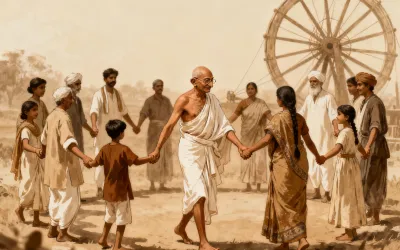
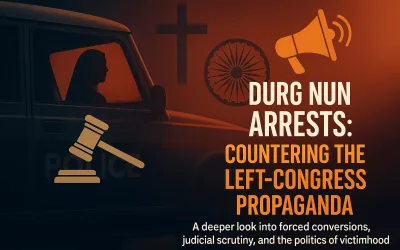
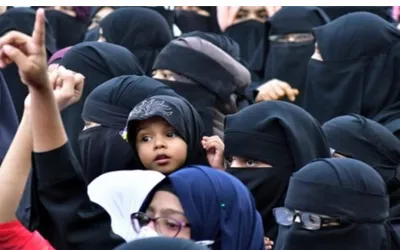
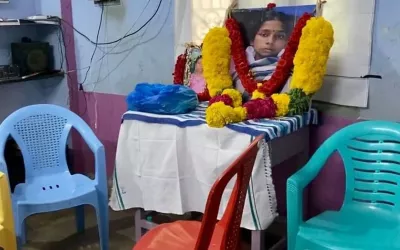
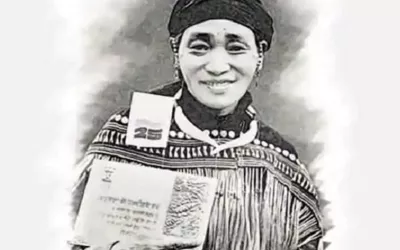
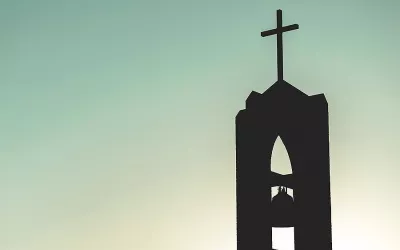

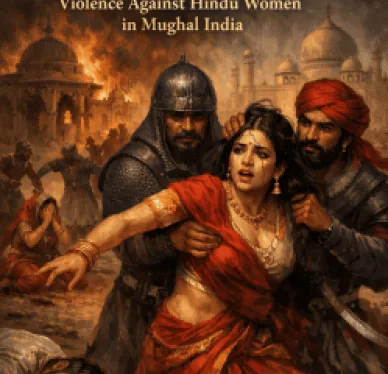
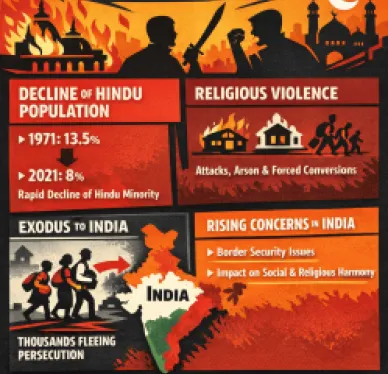
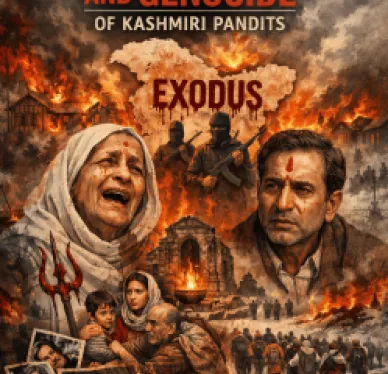
Comments
Add new comment